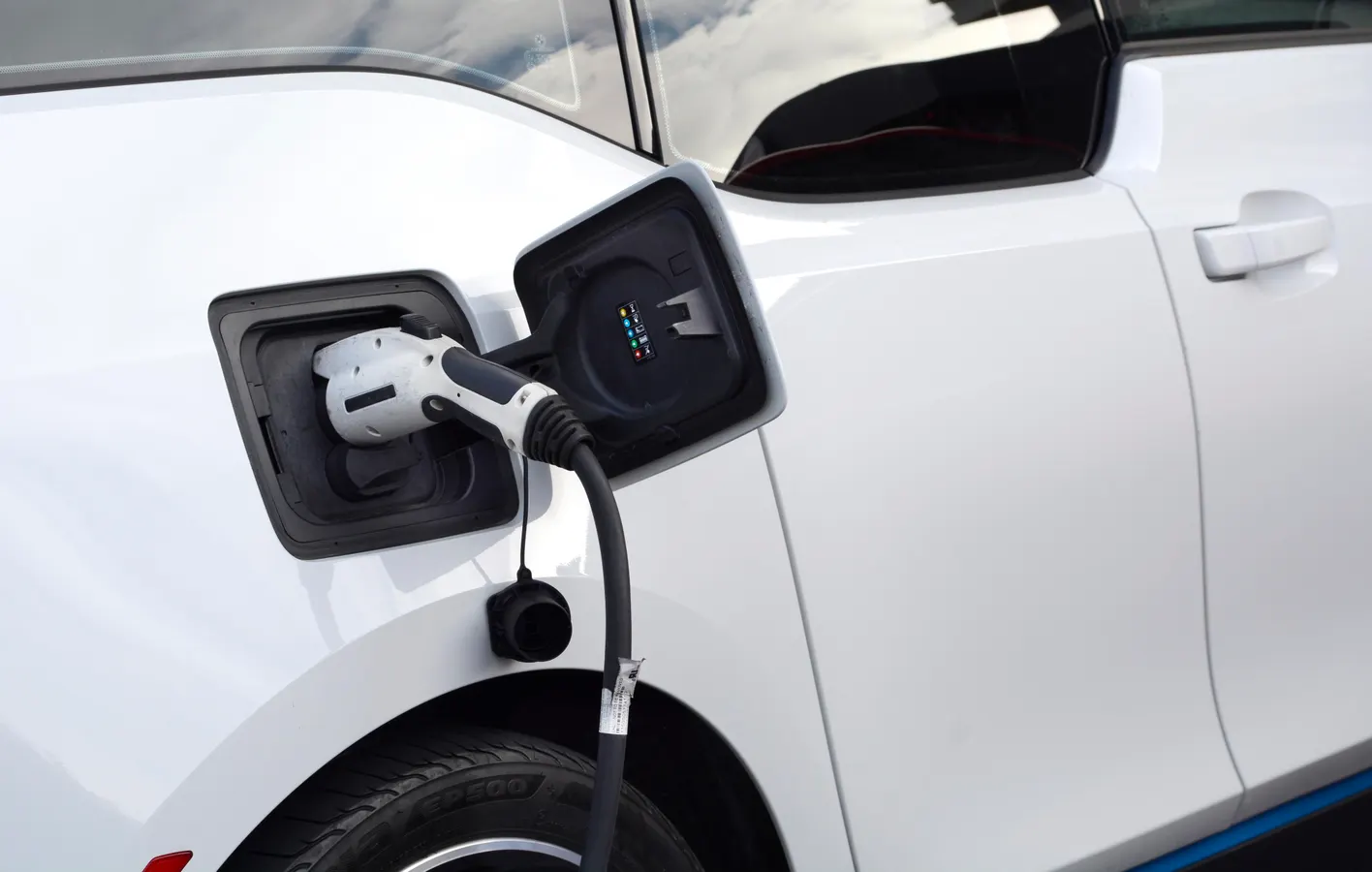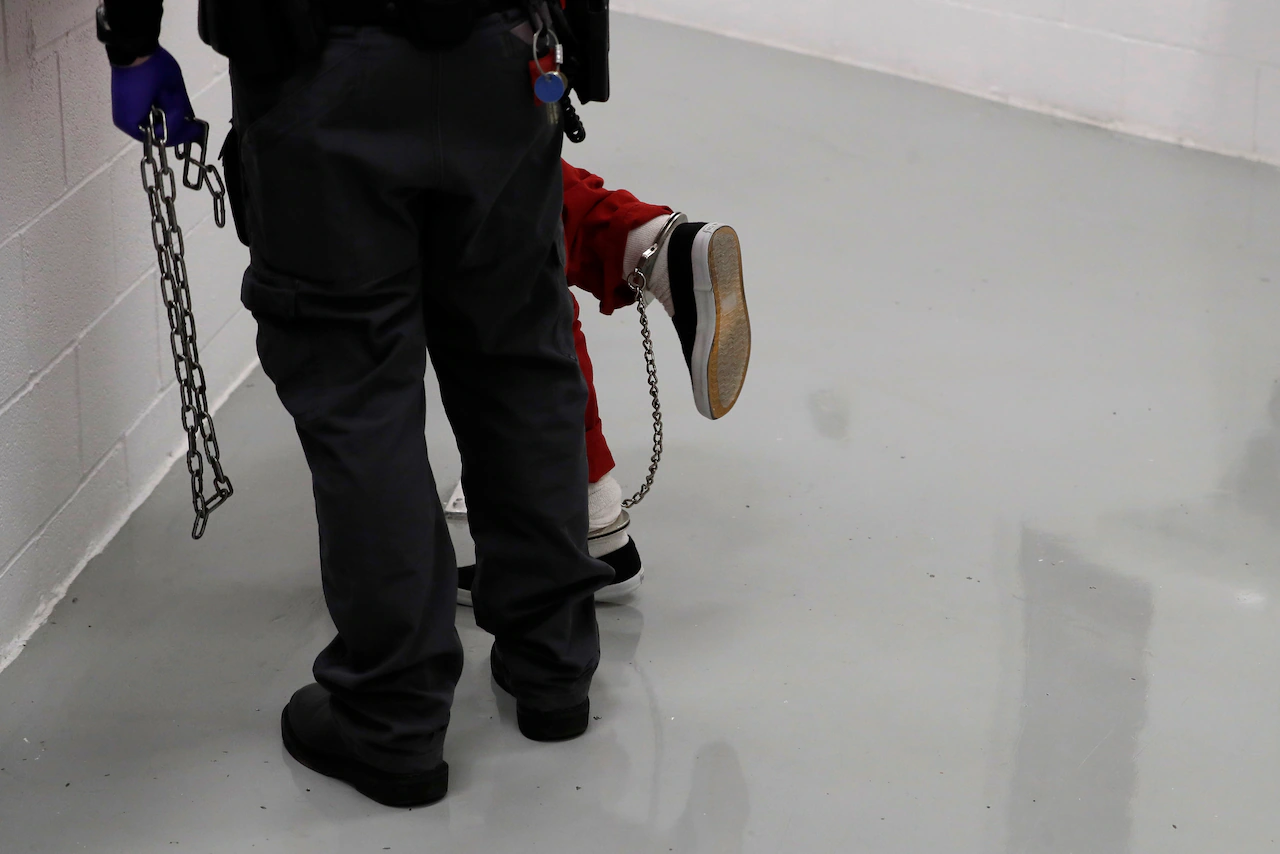Copyright forbes

SAN FRANCISCO, CALIFORNIA - SEPTEMBER 14, 2018: An electric BMW vehicle gets its batteries charged in the parking lot of a hotel in San Francisco, California. (Photo by Robert Alexander/Getty Images) Getty Images The demand for Lithium-ion batteries might be on the rise, but how many of us are aware they contain harmful PFAS compounds, otherwise known as “forever chemicals”? The use of such compounds is obviously not good for the environment, and the search is now on for alternative compounds, which can be used in the next generation of batteries. Dr. Jacqueline Edge, an associate professor at the University of Birmingham in the U.K., said inside a battery can be a “highly acidic, high temperature and high voltage environment”, which requires chemicals and materials that can withstand those conditions, in an interview. Dr. Edge added that fluorinated chemicals are very stable in these conditions, which is why they have proven so popular for making batteries. She explained commercially produced batteries today use polyvinylidene fluoride (PVDF), a PFAS, as an electrode binder and lithium hexafluorophosphate, as an electrolyte salt. But she told me that these fluorinated chemicals are also problematic for the environment, because they tend to be highly toxic and can last for thousands of years. “We are not really targeting recovery of the fluorinated content of batteries at the moment: we tend to focus on recycling the metals,” said Dr. Edge. “These fluorinated chemicals make the recycling process very much harder, because you need to dissolve the fluorinated binder to be able to recover the cathode materials.” She added that finding alternatives to these fluorinated chemicals would be much more environmentally friendly, cheaper and safer to work with and simplify the recycling process. MORE FOR YOU “From an economic point of view, from an occupational health point of view and from an environmental health point of view, it's really worth trying to remove these chemicals, because 10 years down the line, when electric vehicles get to the end of their useful life, there will be many used batteries out there.” “Fluorinated chemicals make recycling them so much harder,” added Dr. Edge. “And because we're not really geared up to recover the fluorinated compounds, they will basically just be released into the environment in various polluting forms, and we really do need to prevent that, before we scale up the battery industry.” One of the companies at the forefront of developing alternative processes is Ateios Systems, which recently announced a partnership with Kodak to mass produce high energy battery electrodes, using a solvent and PFAS-free process. Rajan Kumar, the chief executive and founder of Ateios Systems, said traditional battery manufacturing has relied on a slow, toxic and energy-intensive process, which has barely changed since the 1980s, in an interview. Kumar added he has developed a light-based process, which blends the battery powder with liquid materials that harden instantly when exposed to electron curing. He said this process requires no heat, toxic solvents or long-drying steps, and has been verified by Intertek to contain no PFAS. “We have also seen enhanced battery performance, because this polymer has better quality adhesion,” he told me. “And we have seen about 10% retention, which means another 40% usable capacity out of that battery, which has been attributed to both the material and the process.” “Our process also allows you to make the battery and when it’s done, it can come back to the factory, you break down the polymer and reuse the materials to make a new generation battery. “The manufacturing and recycling can all be done at the same plant, enabling a continuous supply chain. “Having that kind of circularity will be really essential for us as a human race to get to another level.” With recent news on China tightening restrictions on key battery materials such as graphite and LFP, and new PFAS regulations further limiting chemical use, Kumar added supply chain options for battery innovators are narrowing fast. He said Ateios is directly addressing both challenges with fully American-sourced, PFAS-free graphite and LFP electrodes manufactured at production speeds up to 80 m/min. Editorial StandardsReprints & Permissions



